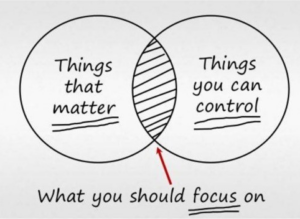
Buy or Lease? Business Plant and Equipment
When your business needs new plant or equipment, what’s the best choice – buy or lease?
The answer will depend on your specific circumstances, but there are some basic considerations to help you weigh up the options.
The advantages of buying
Buying gives you certainty and ownership, at a higher upfront price, but a lower total price. Owning an item of plant or equipment gives you unrestricted use for the lifetime of the item. You can alter it to suit your business, and you can sell it if you need to free up some cash. The full cost is paid up front, so you have no ongoing payments, and there may be opportunities for tax depreciation.
When equipment lasts for a long time and maintains its value, ownership can be a particularly good choice. Overall, the total price of ownership is usually lower than the total cost of leasing the item.
The advantages of leasing
Leasing tends to give you more flexibility, at a higher cost. It spreads out the cost of an expensive item – you don’t need to save or borrow the purchase price, and instead you make regular payments. You can return a leased item if it’s not working out, or upgrade to a better model as your business grows.
If the equipment or plant is something that quickly becomes obsolete, or that you’re likely to upgrade, or that you’re not totally certain is right for your business, leasing could be ideal. While leasing is generally more expensive across the lifetime of the item, it also frees up your money to invest in other areas of the business.
Running the numbers can help you find the right decision
The decision to invest in new plant or equipment can be a tricky one, but we can help. We can tally up the upfront and ongoing costs, and weigh these against the economic benefits you might get from the new equipment. We consider your cashflow, the cost of borrowing, and sales projections, so you can make an informed choice.
Drop us an email or give us a call – we’re here to help.
The following content was originally published by BOMA. We have updated some of this article for our readers.





